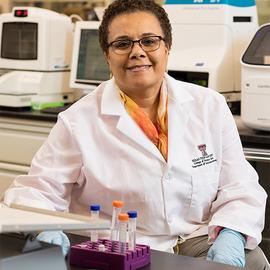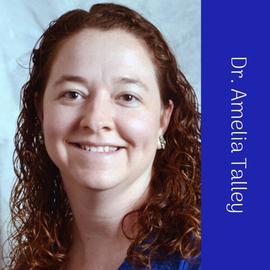Abstract
As increasing evidence emerges concerning the disproportionate impact of COVID-19 on women academics (1, 2), we hope our work continues to prompt institutions and departments to advance gender equity in tenure and promotion (3). For example, Arora et al.(4) have developed a department-specific rubric to assess COVID-19’s impact on a case-by-case basis. This rubric is in the form of a curriculum vitae (CV) addendum matrix, which notes COVID-19 related challenges and contributions. They also encourage adding caregiving responsibilities to the matrix.
Publication
Proceedings of the National Academy of Sciences
Click the Cite button above to demo the feature to enable visitors to import publication metadata into their reference management software.

Assistant Professor
I am a behavioral endocrinologist studying how organisms physiologically and behaviorally respond to and cope with challenges (stressors).

Horn Distinguished Professor | Nutritional Sciences & Director | Obesity Research Institute (ORI); Nutritional Sciences
Dr. Moustaid-Moussa’s research has focused on a potential role for adipose tissue in triggering and/or potentiating obesity and associated co-morbidity. Her research has significantly contributed to our understanding of the important role for adipose tissue as an endocrine system that impacts not only fat cell expansion but also whole body homeostasis.

Assistant Professor, Department of Nutrition and Food Studies
Research interests include strategies, both in vitro and in vivo, to investigate the effects of Bioactives (omega-3 fatty acids) in maternal obesity, role of the Renin Angiotensin System (RAS) in beta cells, and the interactions between adipocytes and beta cells and their influence on diabetes and obesity.

Associate Professor, Department of Psychological Sciences | Associate Dean for Diversity, Equity, & Inclusion
Research in the S.H.A.R.C. lab is generally concerned with examining how threats to one’s self-concept and stigmatization influence self-regulation strategies and, in turn, the affective and physical health of marginalized group members.